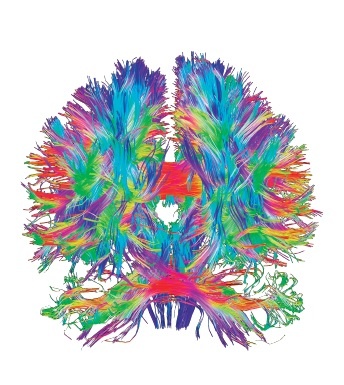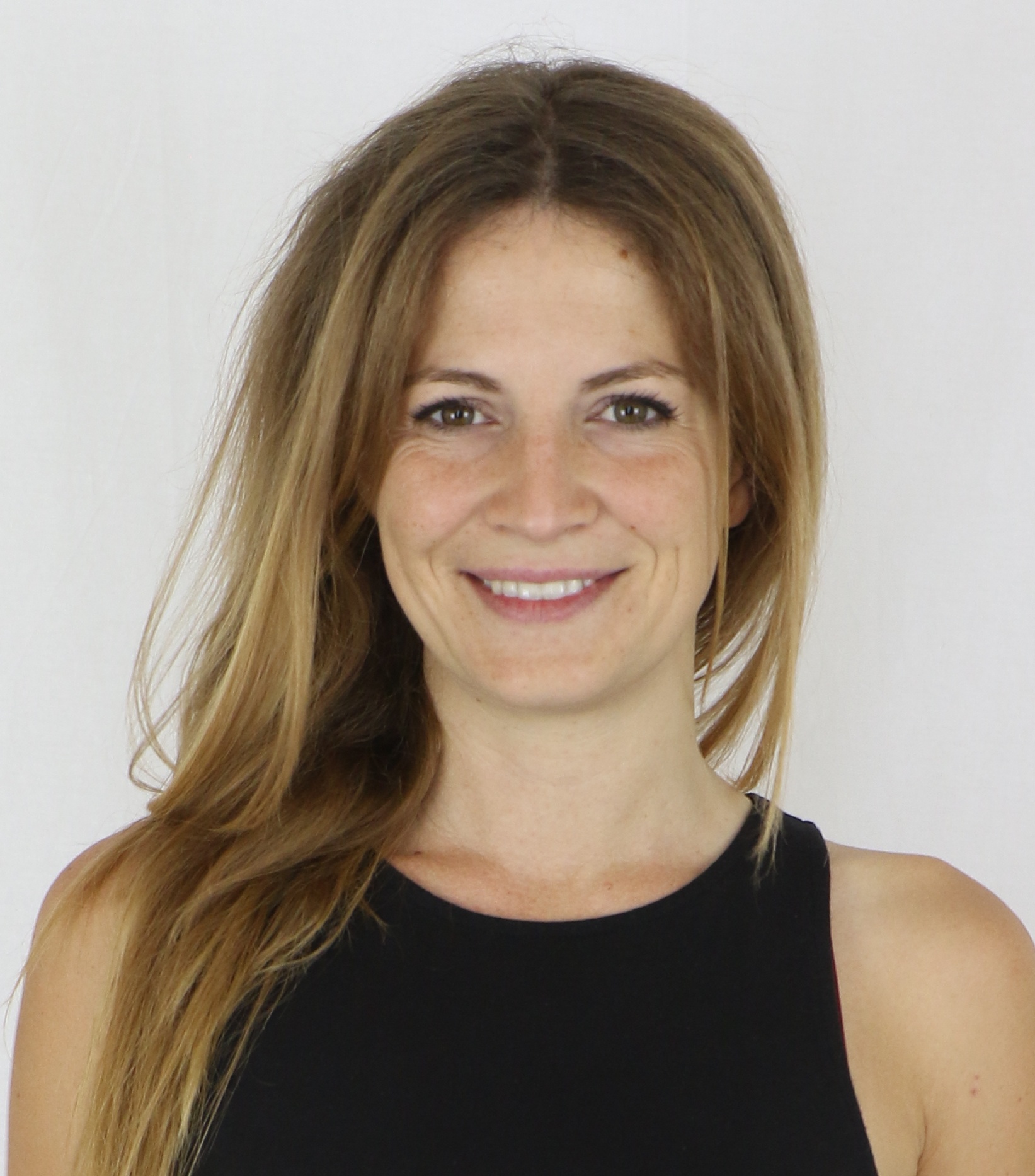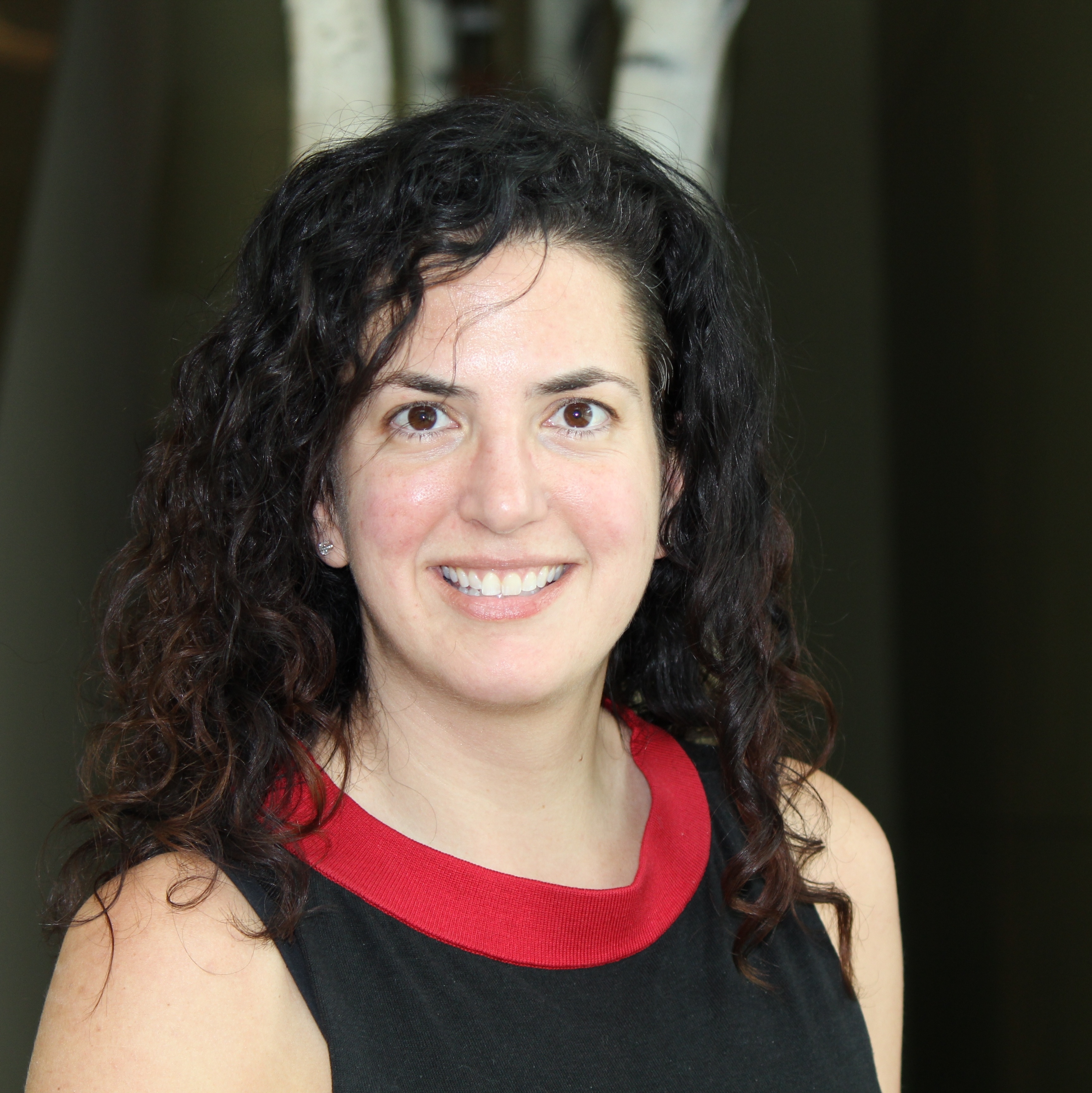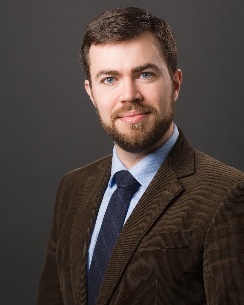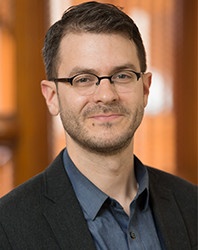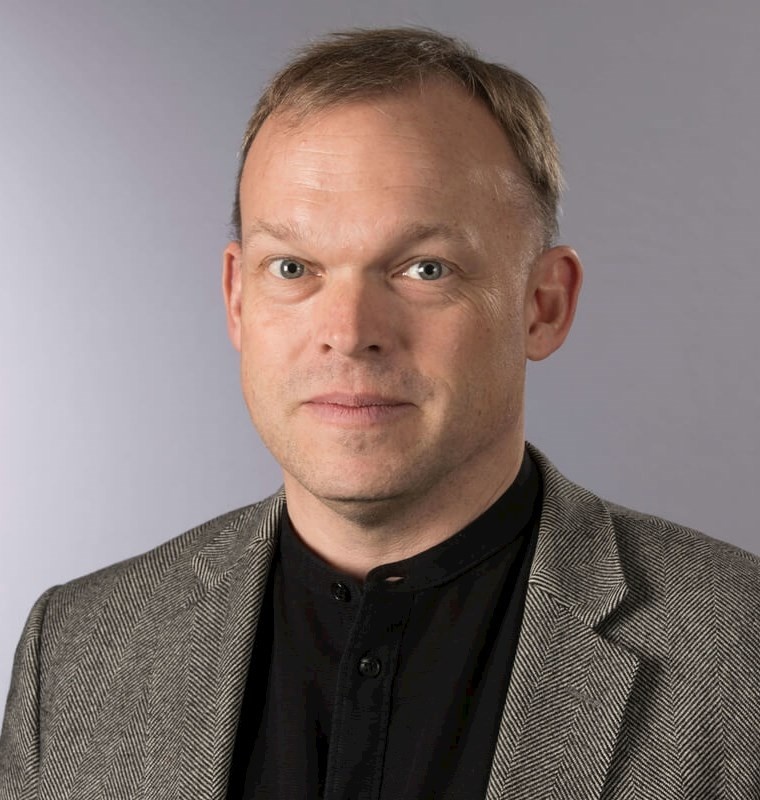Suggestions and Feedback? Email us at krembil.centre@camh.ca
The Krembil Centre for Neuroinformatics at CAMH || Looking for more? Email us at krembil.centre@camh.ca
Upcoming Talks:
Organized by KCNI's Program Manager, Cindy Khuu, Administrator, Jessica Jue, and Post-Doctoral Fellow, Frank Mazza.
Past Speakers:
Watch the recordings here
April 26, 2021
Dr. Joel Zylberberg, York University
Joel Zylberberg is Associate Fellow of Learning in Machines and Brains at CIFAR, Faculty Affiliate at the Vector Institute for AI, and Canada Research Chair in Computational Neuroscience at York University. Zylberberg’s research lies at the intersection of machine learning and neuroscience, and his excellence in these areas has been recognized by multiple awards including the Google Faculty Research Award in Computational Neuroscience, Sloan Foundation Research Fellowship in Neuroscience, and the CIFAR Azrieli Global Scholar Award for Learning in Machines and Brains. Zylberberg received his Ph.D. in Physics from U.C. Berkeley in 2012, was Acting Assistant Professor of Applied Mathematics at U. Washington from 2012-2015, and was Assistant Professor of Physiology and Biophysics at the U. Colorado School of Medicine from 2015-2018. In 2019, Zylberberg moved his laboratory to York University in Toronto, Canada.
Topic: Learning from unexpected events in the neocortical microcircuit
March 30, 2021
Dr. Petra Ritter, Charité and Berlin Institute of Health
Petra Ritter heads the Brain Simulation Section at the Dept. of Neurology, Charité and Berlin Institute of Health. She is a full professor for Brain Simulation. At Charité, Prof Ritter achieved her Medical Doctor (MD) in 2000, approbation to practice medicine in 2002, her PhD in Neuroscience in 2004, her habilitation in Experimental Neurology in 2010 and was appointed a lifetime professor at Charité in 2017. Prof Ritter completed Medical Internships at Harvard Medical School, Mount Sinai Medical School, New York, UCSD, La Jolla and UCLA, Los Angeles in 1999 - 2000. Her research focus is on integrating neuroimaging and computational neuroscience to discover mechanisms of brain function and dysfunction. She has led local (Charité & BIH Virtual Research Environment), national (Bernstein Focus within the Bernstein Network Computational Neuroscience), European (VirtualBrainCloud; Co-design Project The Virtual Brain in the EU Flagship HBP) and international neuroinformatics consortia (co-lead The Virtual Brain platform). She holds an ERC Consolidator grant and is engaged in several large-scale software projects. The project Virtual Brain Cloud contributes to the implementation of the European Open Science Cloud, by developing an open source reference research infrastructure for sensitive health data enabling personalized brain simulation in the Cloud.
Topic: The Virtual Brain Cloud
February 22, 2021
Dr. Joana Cabral, University of Minho
Joana Cabral is a Biomedical Engineer with a PhD in Computational Neuroscience, who has been investigating the biophysical mechanisms underlying long-range functional connectivity in the brain. Joana has developed novel analytic and modelling tools to assess the complex interactions mediating integration across brain functional susbsytems. She is currently a researcher at the Life and Health Sciences Research Institute in Portugal.
Topic: Dynamic Behaviour of Brain Network States
January 20, 2021
Dr. Lori Chibnik, Harvard University
Lori Chibnik, PhD, MPH is a biostatistician and Assistant Professor with an appointment in the Department of Neurology at Massachusetts General Hospital and the Department of Epidemiology at the Harvard T.H. Chan School of Public Health. She received her MPH in International Health and her PhD in biostatistics from the Boston University where she worked on predictive modeling methods for disease risk. Over her career, she has developed and assessed predictive models for diseases such as autoimmune diseases, HIV and pre-natal screening and continues to apply her methods to complex diseases. Her current research focuses primarily on genetics and genomics of Alzheimer’s Disease and dementia with an emphasis on longitudinal cohorts and cognition. She serves as the co-lead of the Data and Statistics Core of the Massachusetts Alzheimer’s Disease Research Center (MADRC) and Director of the Biostatistical Consulting Service in the Dept. of Neurology. In addition to her research, she is internationally renowned for her training programs and innovative teaching techniques, having developed multiple courses in biostatistics for varied audiences, most recently a series specific to the needs of scientists in sub-Saharan Africa. Currently she directs the Global Initiative for Neuropsychiatric Genetics Education and Research (GINGER) program at the Harvard-Chan School and the Broad Institute of MIT and Harvard.
Topic: Tackling disparities in genetics research: Building the research and researchers together
December 16, 2020
Dr. Frances Skinner, Krembil Research Institute
Dr. Frances Skinner is a proud member of the Krembil Computational Neuroscience (KCN) hub – kcnhub.com. She is a Senior Scientist in the Krembil Brain Institute Division of Clinical and Computational Neuroscience at the Krembil Research Institute, University Health Network, and a Professor at the University of Toronto. She graduated from the University of Waterloo (B.Math.) and Toronto (M.A.Sc., Ph.D.) and did 4 years of postdoctoral work in Boston and California before returning to Toronto. She enjoys collaborative work and is interested in determining cellular-based mechanisms underlying the dynamic output of neuronal networks in normal and pathological states. She is particularly interested in advancing our understanding by creating win-win scenarios with the plethora of data and theoretical and experimental approaches available today.
Topic: A modeling story of two brain cells
November 23, 2020
Dr. Stephanie Jones, Brown University
Stephanie R. Jones, PhD is Associate Professor in Department of Neuroscience at Brown University. She received her doctorate in mathematics from Boston University, followed by training in neuroscience and human magneto- and electro-encephalography (MEG/EEG) at Massachusetts General Hospital. Her research program integrates these disciplines to develop biophysically principled computational neural models that bridge the critical gap between human MEG/EEG brain imaging signals and their underlying cellular and network level generators. She collaborates extensively with animal neurophysiologists, cognitive neuroscientists, and clinicians to develop data constrained models that are translationally relevant. Her group has recently developed their unique neural modeling into a user-friendly software tool for researchers and clinicians to interpret the circuit origin of their human MEG/EEG data: Human Neocortical Neurosolver.
Dr. Jones’s group has expanded their interdisciplinary program to the field of non-invasive brain stimulation. A primary goal is to translate an understanding of the network mechanism underlying non-invasively measured brain signals into brain stimulation strategies to improve disrupt brain function.
Topic: Biophysically Principled Neural Modeling of EEG to Guide Interpretation and Design of Non-Invasive Brain Stimulation.
October 27, 2020
Dr. Philip De Jager, Columbia University
Dr. Philip L. De Jager is the Weil-Granat Professor of neurology (in the Taub Institute for Research on Alzheimer's disease and the Aging Brain and the Columbia Precision Medicine Initiative) at Columbia University Irving Medical Center. He serves as chief of the Department of Neurology's Division of Neuroimmunology, which focuses on characterizing, targeting and treating neuroinflammatory diseases and the neuroimmunologic component of neurodegenerative diseases. He integrates rigorous statistical methodology with high-dimensional data from the brain and cerebrospinal fluid to pursue translational questions in a team-based manner and enhance the delivery of care to patients.
Topic: Cell population structure of the aging brain: towards a high-resolution perspective of human neurodegeneration.
September 25, 2020
Dr. John Murray, Yale University
Dr. John D. Murray is an Assistant Professor in the Department of Psychiatry at Yale University. His lab leverages computational modeling with focus on investigating the dynamics and function of neural circuits. Furthermore, his compuational lab leverage computational neuroscience insights from models to advance the study of disorders such as schizophrenia, in a framework for Computational Psychiatry.
Topic: Large-scale gradients across human cortex: computational modeling, neuroimaging, and transcriptomics.
August 25, 2020
Dr. Justin Baker, McLean Institute for Technology in Psychiatry, Harvard University
Dr. Justin T. Baker is the scientific director of the McLean Institute for Technology in Psychiatry (ITP) and director of the Laboratory for Functional Neuroimaging and Bioinformatics at McLean Hospital. He is also an assistant professor of psychiatry at Harvard Medical School. Dr. Baker’s research uses both large-scale studies and deep, multilevel phenotyping approaches to understand the nature and underlying biology of mental illnesses.
Topic: Sensing Psychosis: Toward Computational Phenotypes in Severe Mental Illness.
July 24, 2020
Dr. Gaute Einevoll, University of Oslo
Dr. Gaute Einevoll is a professor of physics at the Norwegian University of Life Sciences and the University of Oslo working on computational neuroscience/ brain physics. His main interest is physics-type modelling of nerve cells, networks of nerve cells, and brain signals in health and disease. He is participating in the large-scale EU Human Brain Project.
Topic: Towards multipurpose biophysics-based mathematical models of cortical circuits
June 18, 2020 (Inaugural Talk)
Dr. Sean Hill, Krembil Centre for Neuroinformatics, CAMH
Dr. Sean Hill is the Director of the Krembil Centre for Neuroinformatics (KCNI), Senior Scientist at the Centre for Addiction and Mental Health, and Professor at the University of Toronto. Dr. Hill applies large-scale data integration, neuroinformatics, multiscale brain modeling and machine learning to improve our understanding and treatment of mental health disorders.
Topic: A multiscale perspective on brain health: from genes to behaviour and populations

